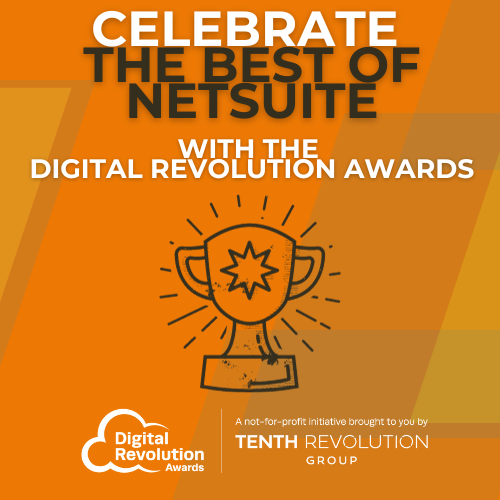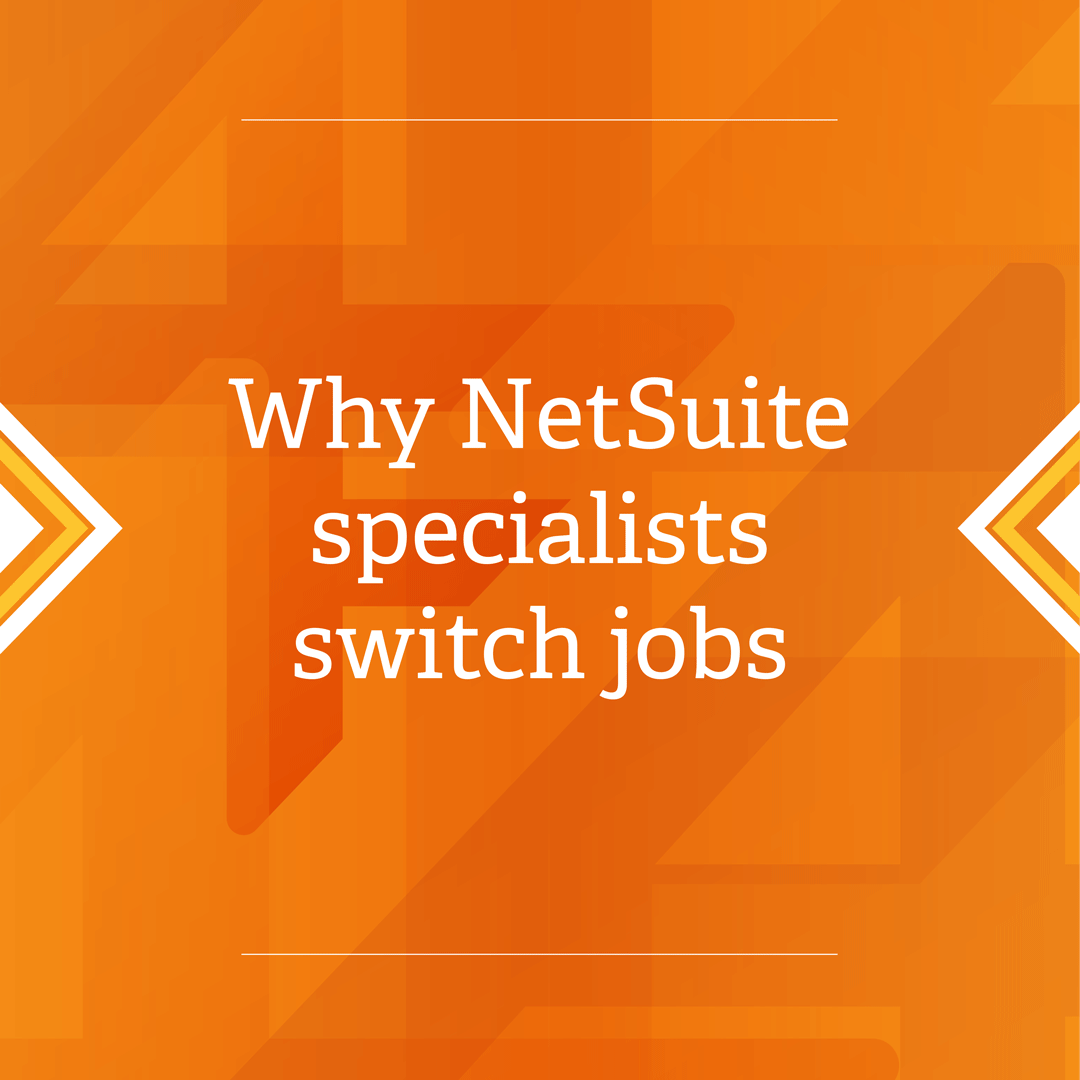The future of NetSuite: 2017 predictions

It should go without saying that 2016 was an eventful year in the NetSuite world. July brought the news that Oracle had agreed to acquire the company for $9.3 billion. The transaction was in limbo for several months but ultimately went through in early November.
Earlier this month, Oracle and NetSuite executives spoke publicly for the first time, to answer the question of how things will go forward after the merger. The main takeaways were that NetSuite would remain a standalone brand, and Jim McGeever will serve as head of NetSuite as a Global Business Unit of Oracle. In addition, Oracle has plans to take the brand global. And in April 2017, NetSuite will take its annual SuiteWorld conference to Las Vegas for the first time.
As 2016 comes to a close, we thought it would be a great time to compile some predictions from industry experts on what they expect from the market in the New Year.
Hear what others in the industry have to say about what’s to come from NetSuite with their 2017 predictions:

David S. Linthicum, SVP at Cloud Technology Partners, said:
“In short, features, features, and more features. SaaS platforms are defined by the pre-built services they offer and, within the world of NetSuite, that means features and functions that the users have been asking for. The more that NetSuite is able to offer, the more SaaS services will be sold, and the more the users will continue to provide positive reviews.
“Moreover, look for features related to IoT, Big Data, and the use of machine learning. Count on more integration, including better data exchange with other enterprises’ applications, as well as SaaS and IaaS clouds.”
Anderson Frank’s NetSuite 2017 thoughts: In any examination of the future of NetSuite, especially in the era following this year’s Oracle purchase, features are going to be hugely important. One key to the future will be how those features are rolled out, as NetSuite becomes more of a global brand under Oracle’s ownership.

Ian Moyse, board member Eurocloud (UK), FAST & Governance Board Member Cloud Industry Forum, said:
“NetSuite will need to be looking at not only its existing back-end breadth of function but how it presents this in an ever demanding UI and social media adept world.
“Social selling and social media engagements need to be seamlessly embedded into the CRM customer profile with Gartner expecting that ‘by 2018, 75% of social-only customer service agents will be blended into the customer service agent pool’.
“NetSuite is going to need to consider how to counter the likes of Microsoft bringing LinkedIn data directly into their CRM, data where the user themselves update their details for you.
“Through 2017 and into 2018, another issue that all cloud providers, including NetSuite, need to ensure is addressed, will be an increasing concern over data sovereignty and security in European regions as GDPR (General Data Protection Regulation) comes into play, Businesses will be confused, concerned and have heightened awareness of their obligations as Data Controller and will look closely at providers like CRM SaaS vendors holding such critical personal data.”
Anderson Frank’s NetSuite 2017 thoughts: This is another key consideration when it comes to looking at the future of NetSuite. Going forward, and especially once it begins operating in more countries, NetSuite is going to have to consider both changing worldwide social media trends, and new regulations and requirements throughout Europe.

Eric Vanderburg, Director of Information Systems and Security at Jurinnov, LLC, said:
“The cloud offers many solutions for enterprises large and small, and businesses may utilize a variety of applications from project management, payroll, billing, Enterprise Resource Planning (ERP), and Customer Relationship Management (CRM).
“NetSuite could see increased utilization of their suite of products by allowing for more interoperability between other platforms. For example, when a task is marked as complete in a project management application, the task description, time spent, and the user would be sent to NetSuite and a time entry created. Similarly, applications like Salesforce could be integrated so that sales and marketing activities were automatically recorded in NetSuite.
“How would this be accomplished when there are so many cloud applications out there? The solution lies in creating the tools for integration and then letting the community of NetSuite users create and publish their own integration components that can be vetted by the community and NetSuite.”
Anderson Frank’s NetSuite 2017 thoughts: Of course, NetSuite is going to have to look at how it can coordinate with other, sometimes rival applications, while both using and developing existing tools. This also will be crucial to the future of NetSuite and the growing NetSuite community.
Thank you to all of our contributors to this post, find out more about them below:




